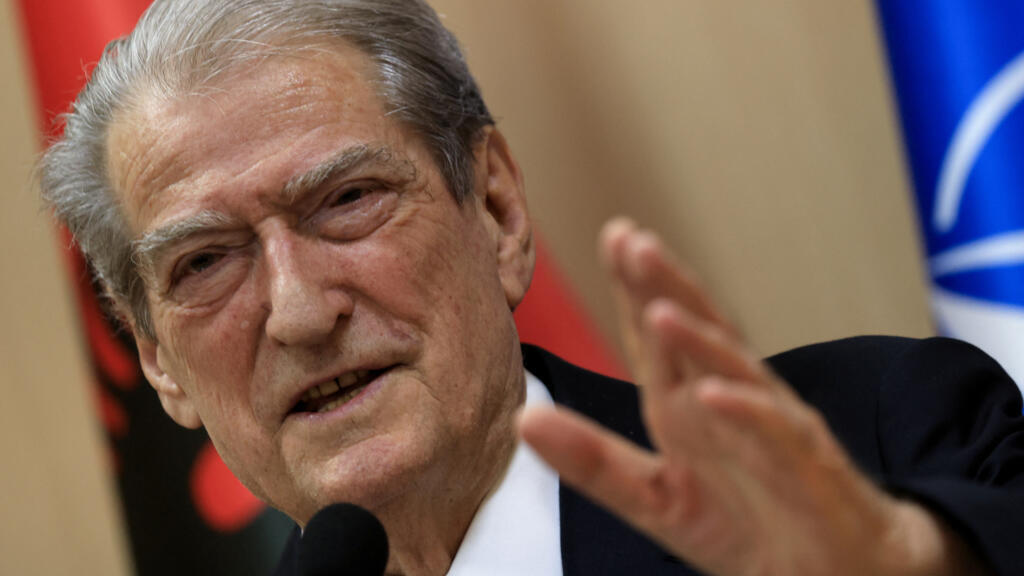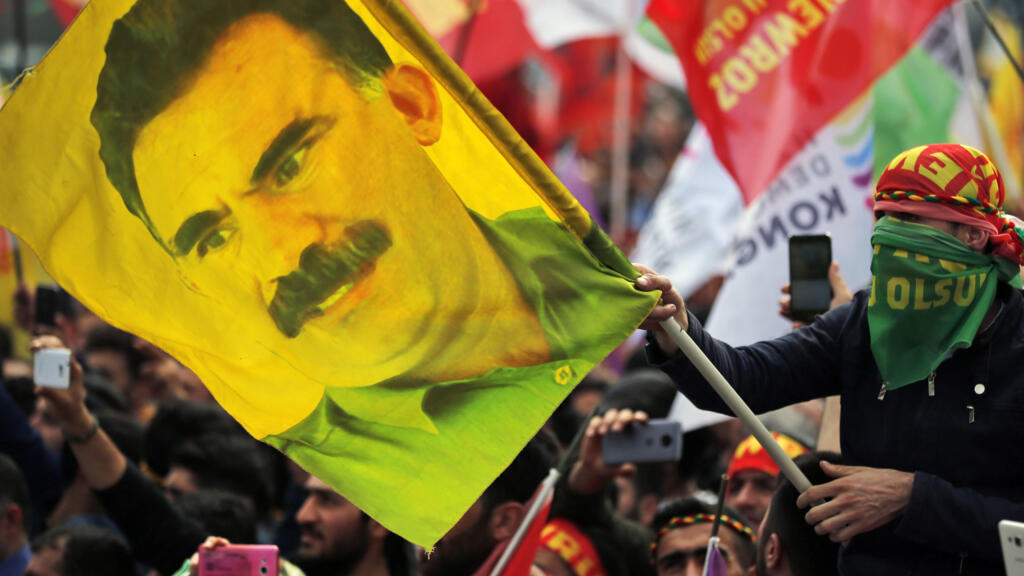Albania's Presidential Election: A Test of EU Aspirations
In a critical moment for Albania, voters flocked to the polls on Sunday to participate in a tightly monitored presidential election. This election serves as a significant test for the nation's aspirations for European Union (EU) membership. The country is at a crossroads, determining whether to continue its current trajectory under the leadership of three-time Prime Minister Edi Rama or to shift gears and embrace the opposition led by far-right leader Sali Berisha.
Albania's economic challenges and the long-standing issue of political corruption have been central themes in the election. Edi Rama, who has been in power for multiple terms, faces tough scrutiny over his record on governance and economic management. Despite some progress during his tenure, Albania continues to grapple with systemic corruption and a struggling economy, prompting many voters to reconsider their support.
On the other hand, Sali Berisha, a former prime minister himself, positions himself as the candidate of change. His campaign has focused on anti-corruption measures and promises of economic revitalization. Berisha’s supporters argue that a shift in leadership is necessary to break the cycle of corruption and ineffectiveness that they claim has plagued Albanian politics for years.
The implications of this election stretch beyond domestic concerns; it also has significant ramifications for Albania's EU aspirations. The European Union has linked membership prospects to the country’s ability to uphold democratic values and tackle corruption. A victory for Berisha is perceived by some analysts as a potential setback for Albania's EU ambitions, given his controversial past and polarizing political stance.
As voters cast their ballots, they are also making a statement about the future direction of their country. The atmosphere around the polling stations is charged, reflecting the high stakes of the election. Citizens are keenly aware that their choices could influence not only their national political landscape but also Albania's role and standing within the broader European framework.
International observers are closely watching the election process, noting the need for transparency and fairness. With allegations of electoral malpractice surfacing in previous elections, this year’s vote is critical to restoring trust in the electoral system. Both candidates have called for a peaceful election and urged their supporters to respect the democratic process.
As the ballots are counted and the results begin to emerge, the world will see which direction Albania chooses to take. Will it reaffirm its commitment to the EU path under the governance of Rama, or will it shift towards the far-right policies proposed by Berisha? Both outcomes carry significant meaning for the future of the nation.
```











